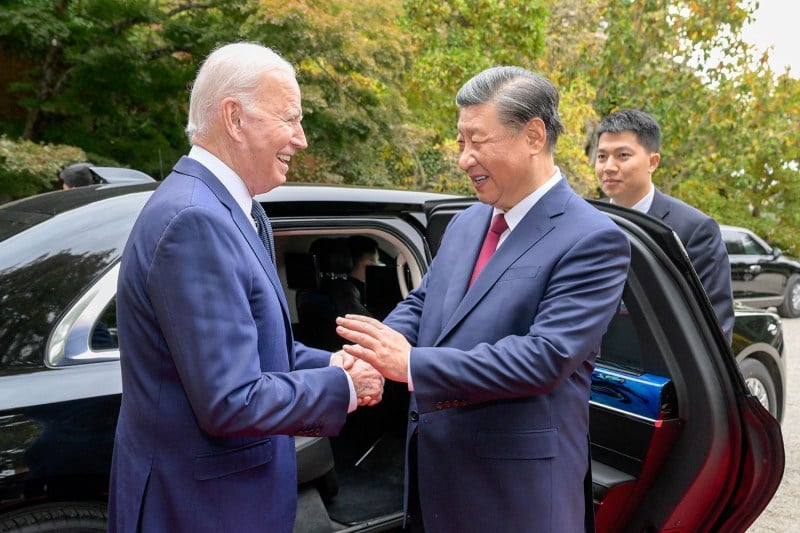Already a subscriber? Make sure to log into your account before viewing this content. You can access your account by hitting the “login” button on the top right corner. Still unable to see the content after signing in? Make sure your card on file is up-to-date.
President Biden is set to announce a significant increase in tariffs on various Chinese goods this Tuesday.
This move will see tariffs on electric vehicles (EVs) from China quadruple from 25% to 100%. Additionally, tariffs will be raised on other critical industries including semiconductors, solar panels, and batteries.

The tariff increase follows a thorough, yearslong review of previous tariffs imposed during the Trump administration, which targeted about $300 billion worth of imports. Most of these tariffs will remain in effect. The Biden administration’s strategy focuses on protecting the US market from an influx of cheap Chinese-made cars and other goods, which have not yet dominated the US market but pose a significant competitive threat.
Former President Trump criticized Biden’s plans at a rally in New Jersey, sarcastically remarking that Biden should have implemented these measures four years ago. In contrast, the Biden administration argues that their approach is more nuanced and targeted than Trump’s blanket tariff strategy.

The decision has not been without criticism. Some economists have expressed concerns that the higher tariffs could exacerbate tensions with China, lead to higher consumer prices, and worsen inflation. Ian Bremmer, president of the Eurasia Group, noted that the tariffs might undermine Biden’s climate agenda by limiting access to advanced, competitively priced EVs from China. “We don’t support reducing emissions when it comes at the expense of American labor,” Bremmer stated, highlighting the complex trade-offs involved in this policy shift.
Elon Musk & Treasury Secretary speak out:
Tesla CEO Elon Musk has described Chinese car companies as the most competitive globally, indicating that they could dominate the international market without trade barriers. Additionally, during a recent visit to China, Treasury Secretary Janet Yellen pointed out the risks of China’s large-scale industrial output on global markets, reminiscent of past issues with Chinese steel flooding the market.






